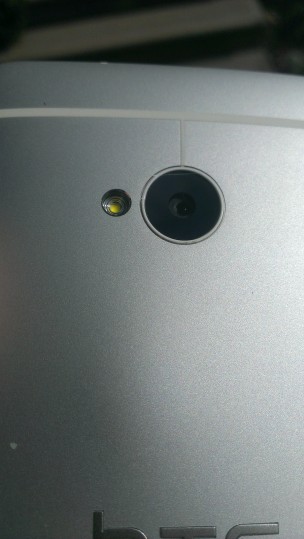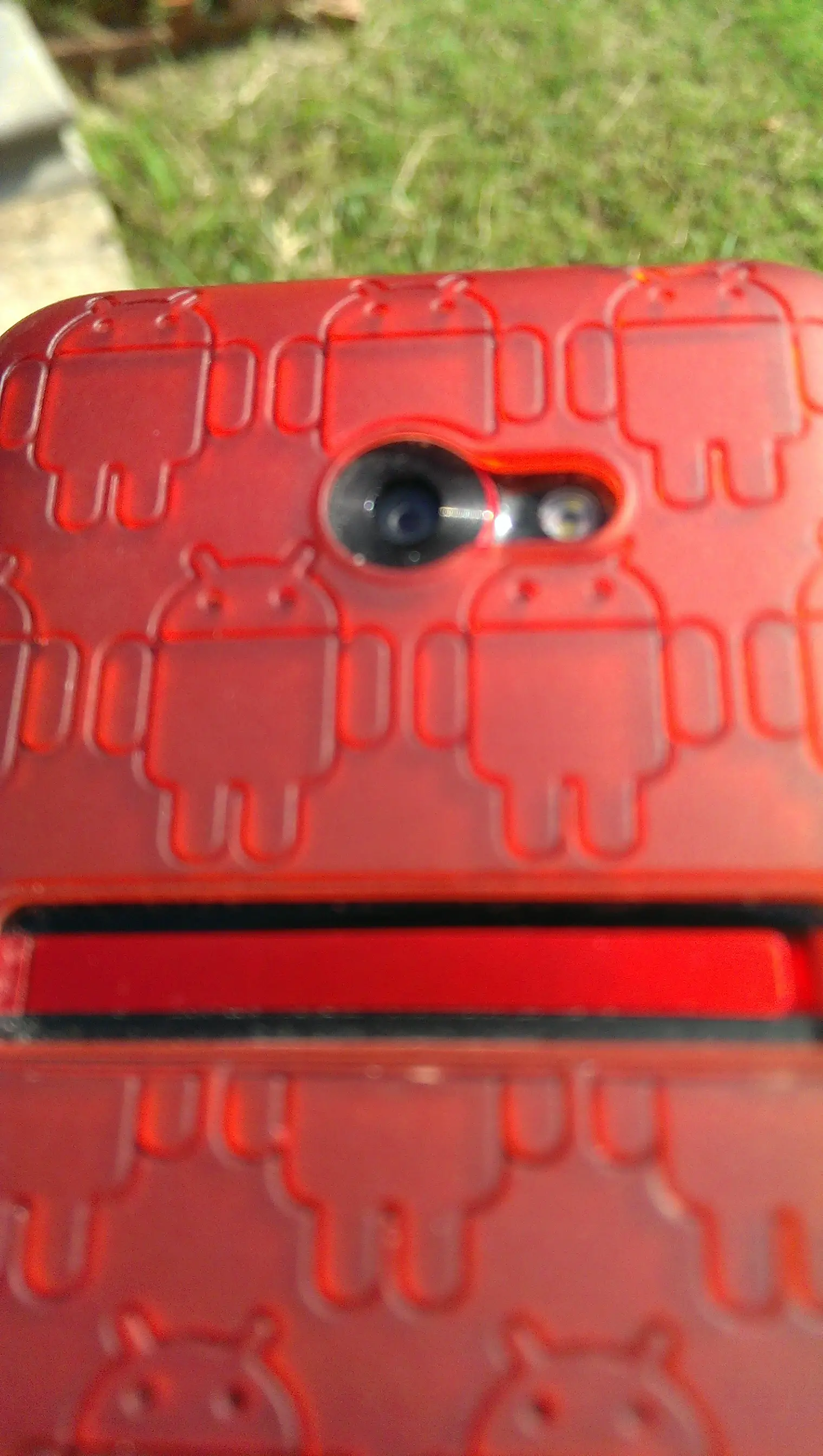HTC EVO 4G LTE vs HTC One, round 4: radios, battery, benchmarks, calls
 I have a Sprint HTC One in my hands for the next two days and have pitted it against my daily driver (the EVO 4G LTE) in every possible use I can imagine. So far the HTC One has trounced the EVO 4G LTE on hazy/low light photos and extreme low light photos, although I feel it fell a bit behind the EVO on macro photography, (non-colorblind people tend to disagree).
I have a Sprint HTC One in my hands for the next two days and have pitted it against my daily driver (the EVO 4G LTE) in every possible use I can imagine. So far the HTC One has trounced the EVO 4G LTE on hazy/low light photos and extreme low light photos, although I feel it fell a bit behind the EVO on macro photography, (non-colorblind people tend to disagree).
Today we’ll look at my experiences with the radios, batteries, and benchmarks. Keep in mind my experiences may be vastly different than yours due to cell tower signal, WiFi positioning, software I’m running on each of these, antennas, and more. Both phones are running manufacturer-based firmware (HTC Sense) with no overclocking. While the EVO is rooted, the kernel is stock and there are no tweaks applied, so it should be properly representative. The One is unrooted, locked, and stock.
WiFi
Both the One and the EVO 4G LTE tend to perform pretty well with WiFi. It appears that in every test I ran on the 2.4ghz bands, the One was able to download data at roughly twice the speed of the EVO 4G LTE, but only upload at half the speed. This was both with Best WiFi Performance in checked and unchecked, and with the data discarded, not written to SD.
The One also seemed to be slightly better talking through a brick wall than the EVO, but I couldn’t metric it very well. With the access point on the other side of three walls and a large building level transformer, the One started to fail where the EVO went on.
Bluetooth and NFC
With the equipment I have, I could not notice any difference.
Benchmarks
While benchmarking is generally not a great indicator of how well things perform overall, it’s an indicator.
Using Quadrant Standard, the EVO 4G LTE scored 6,385, and the One scored 12400. The breakdowns were: EVO – (CPU 9125, Memory 11881, I/O 7584, 2D 1061, 3D 2275) vs One (CPU 36885, Memory 1120, I/O 10663, 2D 1006, 3D 2247).
Using the AnTuTu Benchmark, the EVO 4G LTE had a total score of 11,495 (CPU 4146, RAM 2197, GPU 4259, I/O 893) vs the One’s score of 35,329 (CPU 10909, RAM 4550, GPU 7964, I/O 906).
While most of the numbers clearly favor the One, one of the most important things doesn’t have a clear winner, and that’s I/O. The One slightly is better than the EVO, but not by leaps and bounds. This means copying files, booting the OS, and installing an application all run about the same speed. However, once that OS is booted, that application is installed, and that file is copied, the One is generally about 2 1/3 times faster on anything.
Battery
I’m not going to claim this is a fair test, since the EVO 4G LTE has a lot stacked against it (it’s my daily driver; syncs with Google, Facebook, and Twitter; and has some apps running in the background at all times). I attempted to minimize all of this for an hour to set the One and the EVO up on the same ground.
Using Battery Monitor Widget and doing absolutely nothing with the phones, the One had an estimated run time of four or more days – the draw was so little while it was not in use. The EVO 4G LTE would survive about 26 hours screen off.
At full usage (Robot Unicorn Attack 2), the EVO 4G LTE will blow out a battery in two and half hours, and the One in about three and a half. The One’s power drain seems diminished, possibly from the radios being different. Also important to note is the One has a 15% larger battery, so the times aren’t quite so great, but still pretty great for the One.
Calls/Radios
I am seriously attempting to not bash Sprint here, but I’ve been unable in two weeks to do a test on the cell radios due to one issue after another. My neighborhood tower is down, so at home I’m forced to either roam or connect to the next tower over, which is overloaded now. At work the LTE went from about 10mbps to 0.23mbps, and the 3G is abysmal. Or – and this was the case when I was downtown – one of the phones will work perfectly and the other won’t connect or is roaming.
The experience I’ve had on the phone on the One has sounded awful, but that’s the carrier and towers, not the phone. I would really have loved to see if either of these phones could connect in HD Voice, as both have it in their specs, but I don’t have the towers around, or am missing something required to do that.
Summary to date: HTC EVO 4G LTE vs HTC One
The One trounces the stock EVO 4G LTE on the following:
- Low light photography
- CPU speed
- GPU speed
- WiFi download speed
- Stand-by time
- Run time (even accounting for larger battery)
- RAM access
The EVO 4G LTE wins the following:
- Upload speed
- Macro photography detail
It’s pretty much a tie on the following:
- SD card access speed
- Cell connectivity
- Load times for larger programs
- Bluetooth/NFC
- WiFi overall


